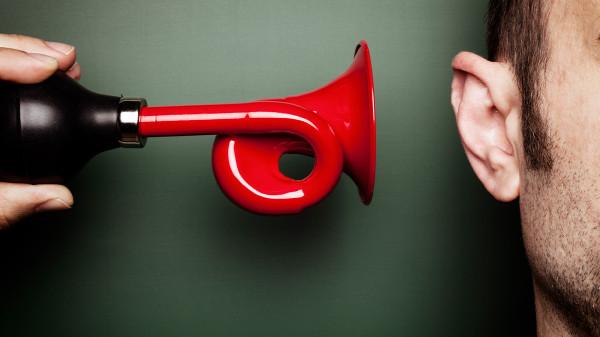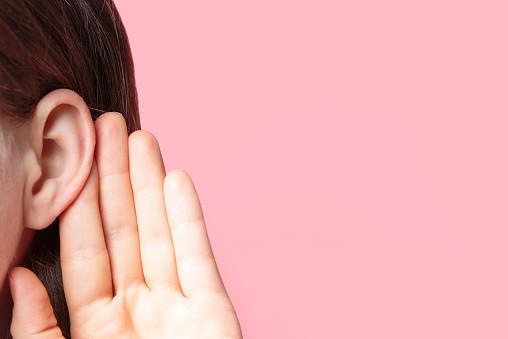Explore the World's Best Ideas
Join today and uncover 100+ curated journeys from 50+ topics. Unlock access to our mobile app with extensive features.
Better listening
Few people know how to listen well. Even techniques like "active listening" can be counterproductive.
Well-intentioned responses may not meet the speakers' needs or address their concerns. For example, if a colleague says he needs a vacation and you respond with a place you recently visited, you may overlook that there are deeper unstated problems that are not addressed.
However, with practice, we can all be more effective listeners.
30
234 reads
Four distinct listening styles
- An analytical listener aims to analyze a problem from a neutral point.
- A relational listener aims to build a connection and understand the emotions underlying message.
- A critical listener aims to judge both the content of the conversation and the reliability of the speaker.
- A task-focused listener shapes a conversation by efficiently passing along important information.
The first step to improving your listening is to develop the ability to shift dynamically between these styles.
38
270 reads
Establish why you are listening
You may listen to be efficient, avoid conflict, gain attention, support, or entertain.
In a conversation, consider what the goals of the conversation are and how best you can listen. For example, is the speaker seeking honest critique, an analytical reflection or an emotional connection?
28
224 reads
Recognize how you usually listen
Our regular listening style may interfere with our goals. We may miss valuable opportunities to understand when using an inappropriate listening style.
For example, in a time-pressured environment, we may require task-oriented or critical listening styles to make quick decisions. But at home, family and friends may need something different to rapid decision support.
Child: "I don't want to go to school. I have no friends.”
Parent: “Of course you have friends! You were just invited to Sally’s birthday party. At recess today, say hello to three new kids.”
27
188 reads
Be aware of who is the focus of attention
The way we insert ourselves into the speaker’s narrative shifts the focus of conversational attention. We may assume that interjecting our personal stories is an empathic and relationship-building move, but we should steer the conversation back to the speaker.
Colleague A: “I really need a vacation.”
Colleague B: “I just came back from a rustic resort in the mountains, and it was so refreshing. I’m curious about what’s going on with you. Feel like talking?”
27
168 reads
Adapt the listening style to achieve conversational goals
You may find it difficult to adjust from your default listening style. Staying focused on the speaker and the goals will help you adapt to the situation's needs.
Patient: "I'm scared about this procedure."
Clinician: "Even though the complication rate is very low it's normal to be scared. It's a big procedure. What's scaring you the most?"
The clinician may respond with reassurance, but also acknowledging and exploring the emotion expressed will help the patient feel heard and validated.
27
157 reads
Ask: Am I missing something?
It may be hard to pinpoint the conversational goals if the speaker does not know what they are hoping to achieve. We should consider whether the conversation seems to be productive and what we may be missing.
Taking a moment before an auto reply may help to reveal a subtler, important opportunity.
Child: “I am not going to school today. I have no friends.”
Parent: “That’s a tough feeling to have. Do you feel like talking about it?”
25
160 reads
IDEAS CURATED BY
Jade R.'s ideas are part of this journey:
Learn more about communication with this collection
How to find inspiration in everyday life
How to stay motivated
How to cultivate a positive mindset
Related collections
Similar ideas
4 ideas
5 Tips To Improve Active Listening
productive.fish
6 ideas
6 Ways To Become A Better Listener
fastcompany.com
Read & Learn
20x Faster
without
deepstash
with
deepstash
with
deepstash
Personalized microlearning
—
100+ Learning Journeys
—
Access to 200,000+ ideas
—
Access to the mobile app
—
Unlimited idea saving
—
—
Unlimited history
—
—
Unlimited listening to ideas
—
—
Downloading & offline access
—
—
Supercharge your mind with one idea per day
Enter your email and spend 1 minute every day to learn something new.
I agree to receive email updates




